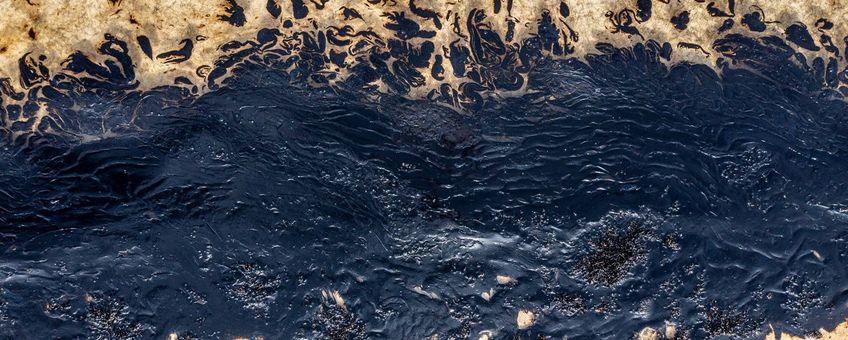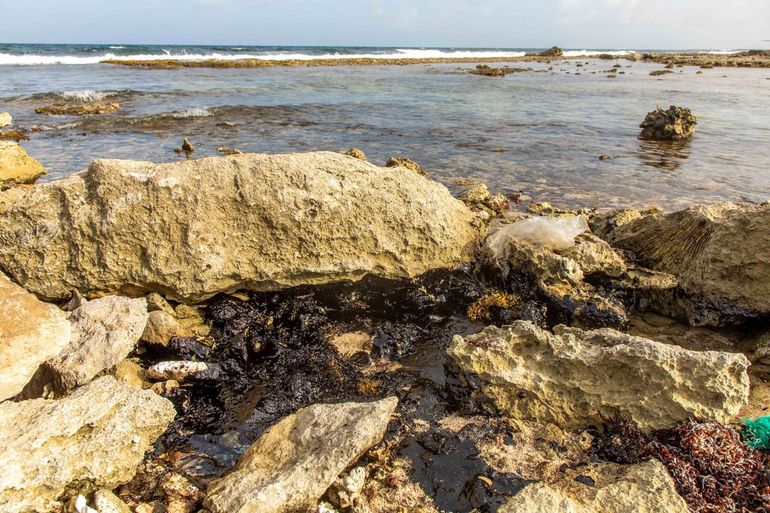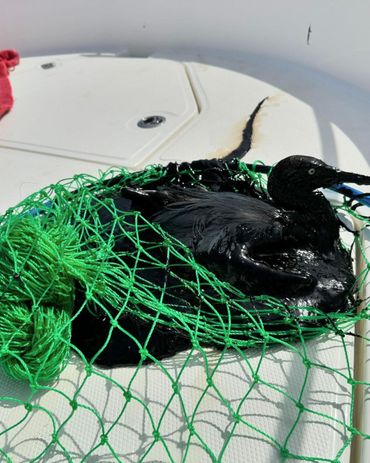
Oil spill: another threat to the environment of Bonaire
World Wide Fund for Nature – NetherlandsOur immediate response is to take action. After contacting our partner STINAPA to determine how we can assist, we also checked the status of the juvenile conchs we released last week into the ocean at Sorobon. Currently we are outplanting a small number of young, farmed conchs to monitor their survival, with the goal of strengthening the natural queen conch population. Luckily, there was little oil found near the pen where they are located. As a nature conservation organization, we are closely monitoring all updates on the oil spill and are already considering ways to strengthen the efforts of local authorities on the island by utilizing our network in the Netherlands.

“We are deeply concerned about the development of the oil spill on Bonaire. More oil is expected to reach the shore. Once the oil reaches the coral reefs surrounding Lac, it may destroy the corals and the fish depending on them. The same is true for the seagrass and mangroves in this area. These are very sensitive habitats that serve as nursery areas for many fish species and sea turtles. We must assess where help is needed and explore the possibility of providing additional materials to the island to protect the reefs, seagrass, mangroves, and all the marine animals depending on these environments”, explains Monique van de Water, program manager of WWF-NL’s Dutch Caribbean program.
Dutch Caribbean program
The Dutch Caribbean program focuses on conservation initiatives to protect coastal ecosystems that are resilient to climate change and to create a safe haven for keystone species such as whales, dolphins, sea turtles, and sharks. Coastal ecosystems like mangroves, corals, and seagrass already face several threats, including pollution and overfishing. They are also vulnerable to extreme weather and rising temperatures due to climate change. This oil spill feels like a setback to the hard work of scientists, rangers, park managers, education officers, environmental conservationists, volunteers, and all others dedicating their knowledge, time, and resources to this cause. But no matter the challenges, we will continue with our mission to protect nature together with local partners.
Text: WWF Nederland
Images: Casper Douma, WWF Nederland; Elly Albers

